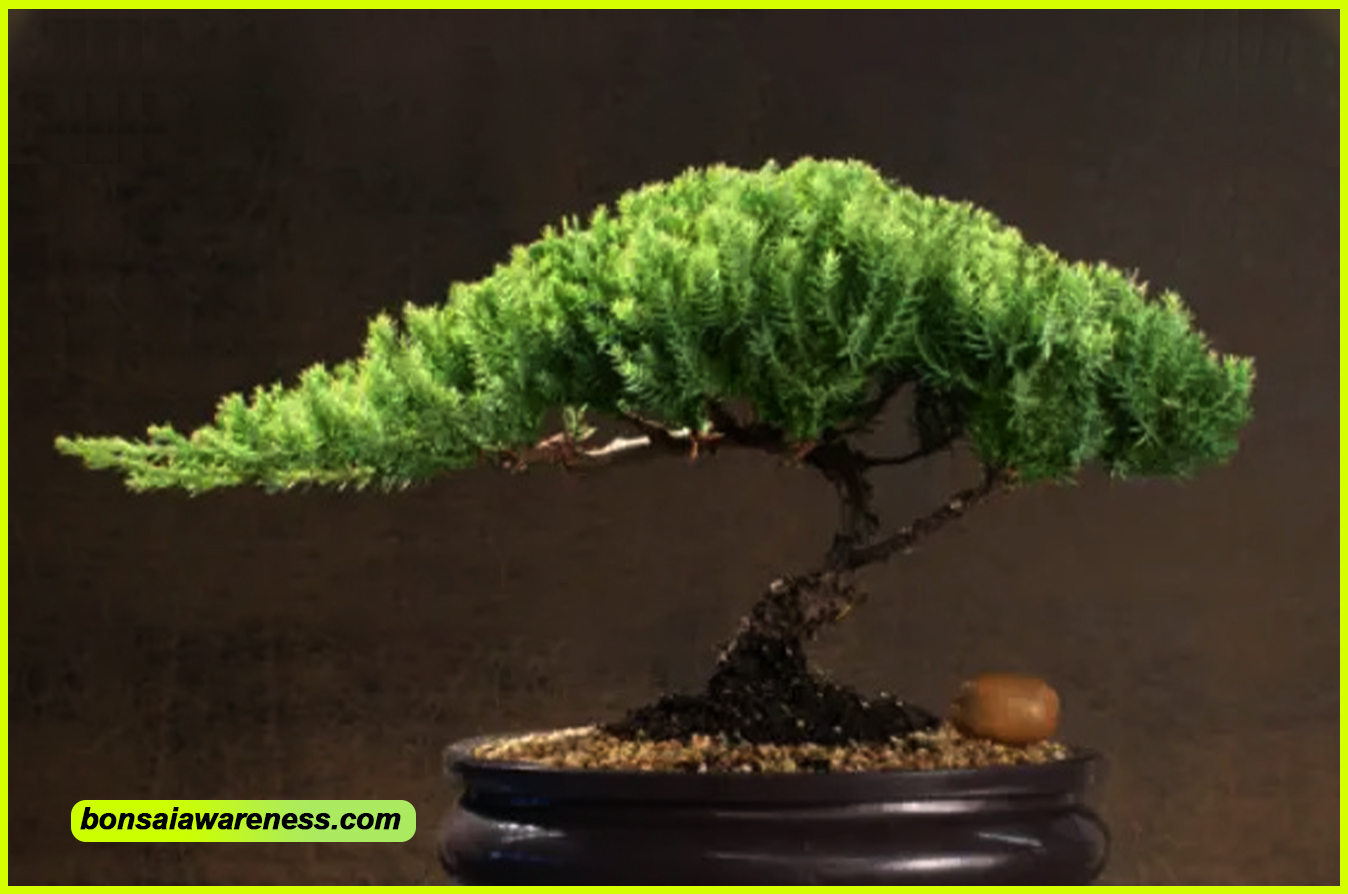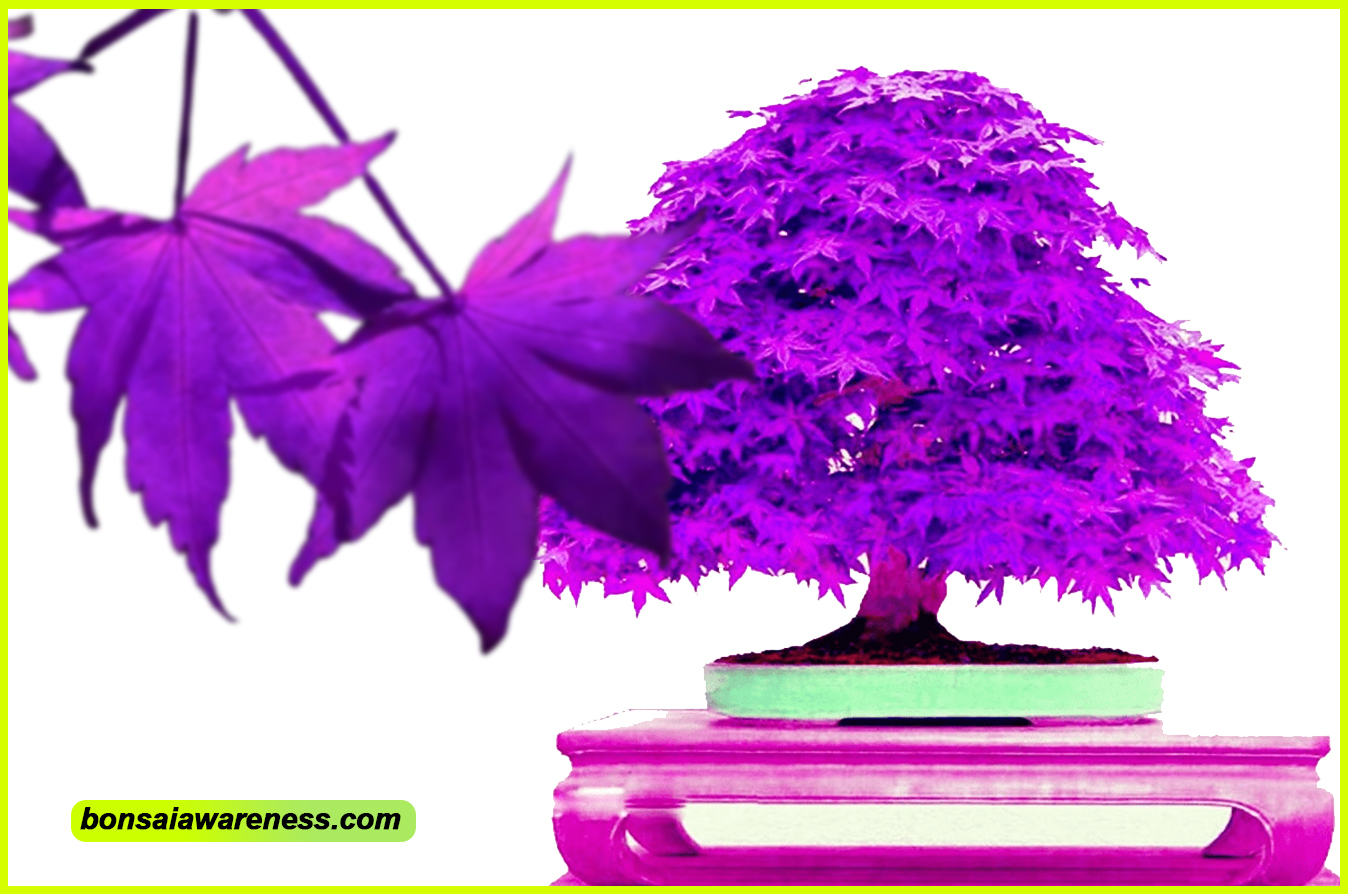The best time of year to plant bonsai seeds is during the spring or fall seasons. Bonsai enthusiasts should take advantage of the moderate temperatures and favorable weather during these periods to ensure successful growth and development of their bonsai plants.
Planting bonsai seeds during the spring allows the young seedlings to establish strong root systems before the hot summer months, while planting during the fall allows the plants to settle into their new environments and prepare for the upcoming winter dormancy period.
By carefully timing the planting of bonsai seeds, individuals can provide the ideal conditions for their plants to thrive and flourish. It is important to note that the specific timing may vary depending on the bonsai species and local climate, so it is recommended to consult gardening experts or local gardening resources for more precise guidelines.
Understanding Bonsai Seeds
The best time of year to plant bonsai seeds depends on the specific tree species. Research and understanding the specific requirements of each tree will help determine the ideal planting time.
Starting your own bonsai tree from seeds can be a rewarding and fulfilling experience. Bonsai seeds come in various types, each requiring specific care and conditions.
Different Types of Bonsai Seeds
Common bonsai seeds include maple, pine, spruce, and juniper. Each type has unique characteristics and growth patterns, so it’s important to choose the right seeds based on your preferences and climate. Maples provide stunning autumn colors, while pines offer elegant needle-like foliage. Spruces are known for their compact growth, and junipers have beautiful, cascading branches.
How Bonsai Seeds are Cultivated
To cultivate bonsai trees from seeds, proper techniques and patience are needed. Start by soaking the seeds in water to soften their outer shells, which aids in germination. Then, plant the seeds in a well-draining soil mix and provide adequate sunlight and water. Regularly monitor the growth and adjust care accordingly.
Remember, the best time to plant bonsai seeds depends on the specific tree species, region, and climate. Research and understand the requirements of your chosen bonsai seeds, and embark on your journey as a bonsai enthusiast.
Factors To Consider For Successful Planting
The best time of year to plant bonsai seeds depends on several factors for successful planting. Firstly, considering climate and temperature requirements is essential. Bonsai seeds thrive in specific temperature ranges, such as between 60°F (15°C) and 75°F (24°C). It’s crucial to choose a time of year when the temperature stays within this range consistently.
Secondly, soil preparation plays a significant role in the success of planting bonsai seeds. The soil should be well-draining to avoid root rot, which can be detrimental to seedlings. Additionally, preparing the soil by incorporating organic matter and nutrients ensures a nutrient-rich environment for bonsai growth.
Lastly, watering and humidity needs should be considered. Bonsai seeds require adequate moisture, but overwatering can lead to root rot. Maintaining appropriate levels of humidity is also crucial, as low humidity can cause the seedlings to dry out. Regular monitoring and adjusting watering and humidity levels depending on the specific requirements of the bonsai species will help maintain optimal conditions for successful planting.
Best Time Of Year To Plant Bonsai Seeds
The best time to plant bonsai seeds is during the spring season, as the weather is mild and optimal for seed germination. During this time, the temperature is ideal, allowing the seeds to establish strong roots and thrive.
When it comes to planting bonsai seeds, timing is crucial. Spring is the best time to start planting your bonsai seeds. During this season, the weather is mild, and the soil is warm and moist, creating ideal conditions for seed germination. Additionally, spring allows your bonsai tree to establish a strong root system before the harsh conditions of summer.
However, fall also presents an opportunity for planting bonsai seeds. As temperatures begin to cool down, the soil remains warm, promoting root growth. Planting in the fall gives your bonsai tree a head start, allowing it to establish a solid foundation before the following spring.
In conclusion, the best time to plant bonsai seeds is during the spring, which provides favorable conditions for germination and root development. However, fall planting can also be successful, setting your bonsai tree up for a strong start the following year.
Tips For Planting Bonsai Seeds
When planting bonsai seeds, it’s crucial to choose the right container. The container should have proper drainage holes and be wide enough for the roots to grow. For proper sowing techniques, start by using high-quality bonsai soil mix. Make sure the soil is moist but not waterlogged before planting the seeds. When providing adequate light, place the container in a spot with indirect sunlight and maintain consistent moisture levels. Avoid exposing the seeds to harsh sunlight as it can damage the delicate seedlings. As the seeds germinate and grow, continue to provide the necessary care and attention for healthy bonsai development.
Caring For Bonsai Seedlings
When to plant bonsai seeds: The best time is in spring or early fall, as the weather is more conducive for seedling growth. It’s important to choose a time when the soil is moist but not waterlogged.
Regular feeding and fertilizing: Ensure your bonsai seedlings receive the necessary nutrients by using a balanced liquid fertilizer. It’s vital to follow the recommended feeding schedule to encourage healthy growth.
Trimming and shaping: Regularly prune and shape your bonsai seedlings to maintain their desired form. Use sharp, clean tools to avoid causing any damage and always trim carefully.
Pest and disease management: Keep an eye out for any signs of pests or diseases and treat them promptly. Implement preventive measures such as proper watering and maintaining a clean growing environment.
Frequently Asked Questions Of Best Time Of Year To Plant Bonsai Seeds
How Hard Is It To Grow A Bonsai Tree From Seed?
Growing a bonsai tree from seed can be challenging but rewarding. It requires patience, knowledge, and proper care. With the right conditions and techniques, you can successfully grow a bonsai tree from seed.
Can You Plant Bonsai Seeds In Summer?
Yes, you can plant bonsai seeds in summer. Remember to provide proper care such as watering, sunlight, and temperature control to ensure successful growth.
Should I Soak Bonsai Seeds Before Planting?
Yes, soaking bonsai seeds before planting can help improve germination rates and speed up the process. It softens the seed coat and provides moisture for faster growth.
What Are The Easiest Bonsai Seeds To Grow?
The easiest bonsai seeds to grow include juniper, Chinese elm, and Japanese maple. These varieties are resilient and ideal for beginners. With proper care and attention, you can successfully cultivate them into beautiful bonsai trees.
Conclusion
To sum it up, choosing the right time of year to plant bonsai seeds is crucial for their successful growth. By considering factors such as climate, temperature, and seasonal variations, you can ensure that your bonsai has the best chances of thriving.
Whether it’s spring, autumn, or any other specific season, proper timing will contribute to a strong and healthy bonsai tree for you to enjoy for years to come. Happy planting!


Leave a Reply